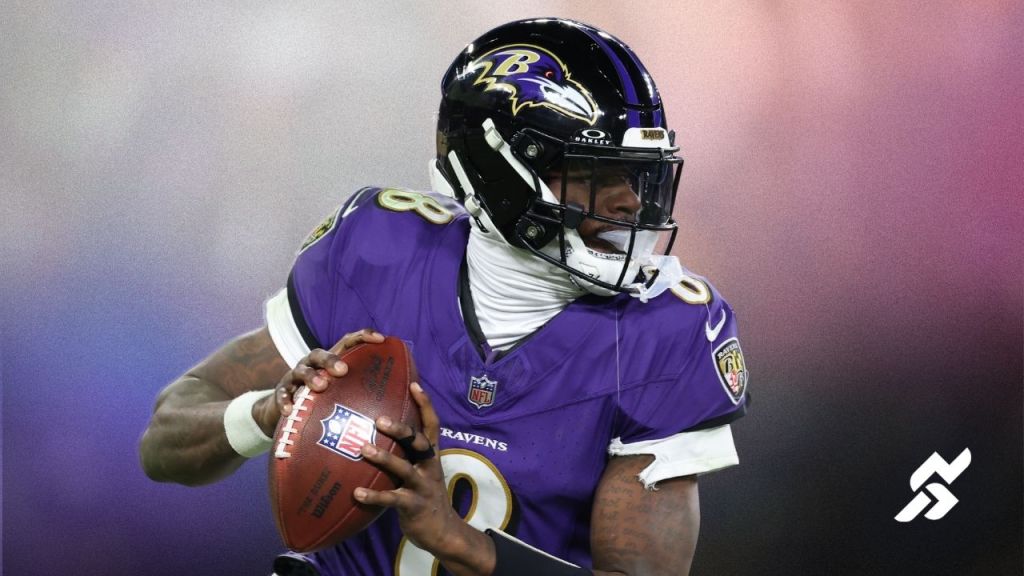In an arbitration decision from Jan. 14 first revealed by a journalist this week, NFL systems arbitrator Christopher F. Droney determined that while the league’s management council “encouraged” owners in 2022 to reduce contract guarantees after the Browns signed Deshaun Watson, owners didn’t collude in violation of the collective bargaining agreement.
The arbitration decision, posted by Pablo Torre Finds Out, centers on the NFLPA arguing that member clubs and the NFL violated Article 17 of the CBA.
Article 17 prohibits two or more teams, or the league and at least one team, conspiring to deprive players of collectively bargained rights. Collusion is problematic from an economics standpoint because competing businesses secretly agree to not compete on the open market. The harm in this context is that NFL players, who are selling their services to teams, will earn less than the market wage if teams secretly agree to limit how they bid for players’ services.
As the NFLPA saw it, the NFL and teams agreed to limit guaranteed contracts after Cleveland signed Watson to a five-year, guaranteed $230 million contract in 2022. Three high-profile quarterbacks—Russell Wilson, Lamar Jackson and Kyler Murray—are depicted as losing out on fully guaranteed deals because of the alleged collusion. More broadly, some data showed a decline in NFL player contract guarantees in 2023.
Central to the NFLPA’s theory of collusion were NFL owners’ meetings in 2022. League officials are depicted as suggesting to owners that they discuss the wisdom of not offering large contracts with fully guaranteed salaries.
There is “strong evidence,” Droney wrote, that league officials “sought to encourage clubs to reverse the recent trend in guaranteed compensation.” The evidence included a slide show showing that guaranteed salaries and signing bonuses were trending up. While the salary cap had only increased by 5% since 2020, slides showed a 60% percent increase in signing bonuses and 42% increase in salary guarantees.
These data points, Droney explained, were communicated as concerning trends and as reflecting a worry among league officials that spending was rising at an unwanted rate. The message relayed to owners “was not purely educational and informational as the NFL contends,” Droney stressed.
Droney, a retired U.S. Court of Appeals for the Second Circuit judge, said the data was notably presented with an editorial bent: to “unmistakably encourage the owners to reduce the trend of increasing player guarantees.”
Other NFLPA allegations included former NFLPA executive director DeMaurice Smith testifying that New England Patriots owner Robert Kraft told him in 2022 that commissioner Roger Goodell asked [Kraft] to “talk about guaranteed contracts at an owner meeting” and to discuss the topic as a “problem” for the NFL to address. Kraft, however, said this was a “false claim.” Droney found that based on the “circumstances and weighing the testimony at the evidentiary hearing . . . I find that Mr. Goodell did not ask Mr. Kraft about guaranteed contracts with other owners.”
An email from Goodell to NFL general counsel Jeffrey Pash in 2022 is also noted. In it, Goodell referred to a “big concern” that use of guaranteed money would “erode a key aspect of our CBA.”
While the league may have urged owners to rethink how they spent, that type of messaging doesn’t establish collusion, Droney explained. In fact, the slides “indicated that clubs must still make their own decisions.”
Droney also found “no evidence that the presenters explicitly asked the clubs to join together in an agreement to restrict the growth of guaranteed salaries and bonuses.”
Likewise, all the owners who were asked about collusion denied, while under oath, “being part of a collusive agreement.”
Several owners even ridiculed the idea they would collude. In testimony, they said the supposition they’d join hands on player contracts is nonsensical, since “they are all in fierce competition with each other.
New York Giants co-owner John Mara, for example, said “the whole notion is ridiculous.” He insisted, “Just the thought of me calling Jerry Jones or somebody and asking him not to guarantee Dak Prescott’s contract or somebody else’s contract . . . he would laugh at me, among other choice words.”
Kraft, meanwhile, said, “You want your competitors to do dumb things with the salary cap.”
The possibility of pro team owners colluding on player contracts is not so far-fetched when considering pro sports history. In the 1980s, MLB owners were found to have colluded in agreeing to not offer contracts to free agents, making it easier—and cheaper—for teams to retain those players. But while evidence and testimony corroborated that collusion occurred in baseball, Droney ruled this case lacked that type of corroboration.
Read the full article here


